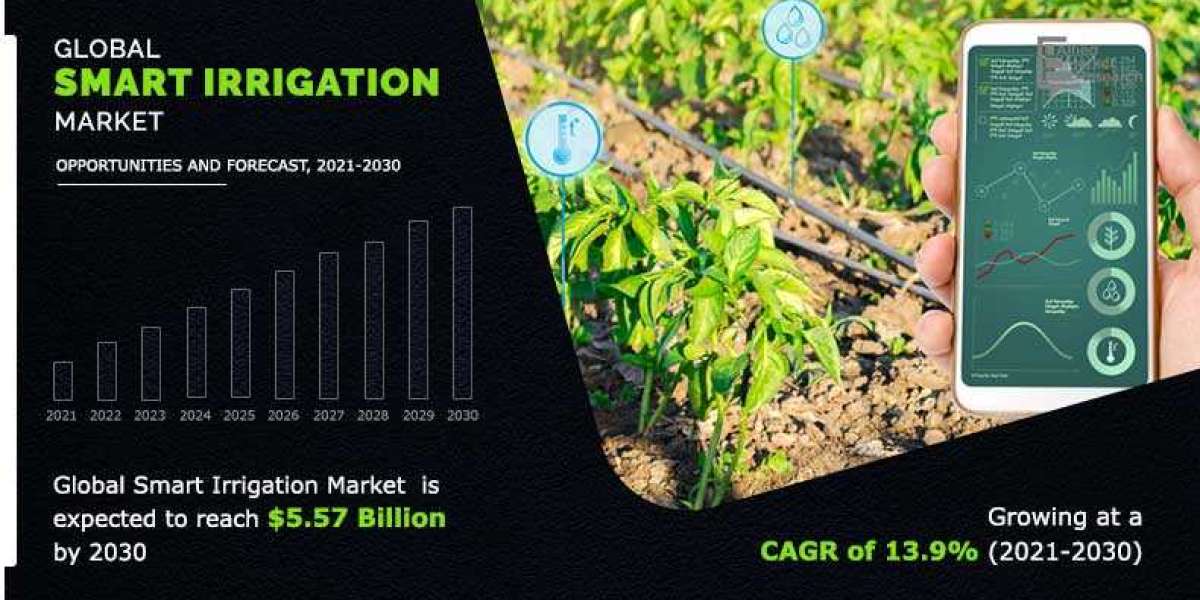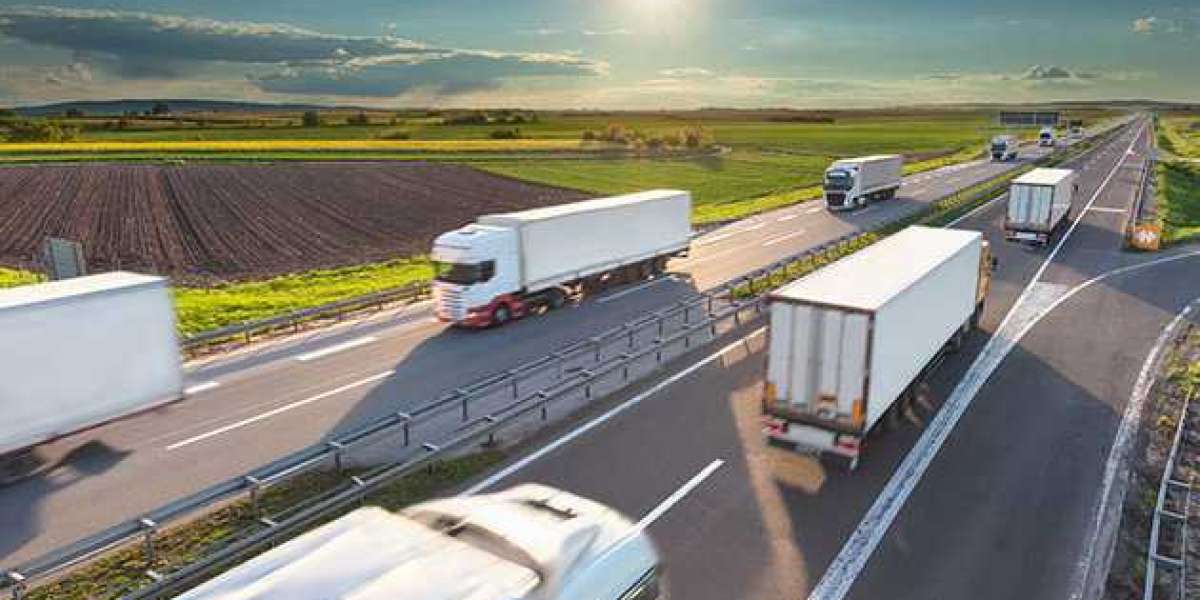Global irrigation controllers market was valued at $ 1,044.3 million in 2022 and is likely to reach $ 3,848.1 million by 2032, registering a CAGR of 13.8% over the forecast period of 2023-2032.
Irrigation controllers, also known as irrigation timers or sprinkler controllers, are sophisticated devices designed to automate and optimize the watering of landscapes, gardens, or agricultural fields. These controllers serve as the central intelligence of irrigation systems, allowing users to schedule and control the timing, duration, and frequency of watering cycles. By leveraging advanced technology, irrigation controllers facilitate efficient water management, ensuring that plants receive the right amount of water at the appropriate times. With features such as programmability, sensor integration, and remote access, these controllers contribute to water conservation efforts and enhance the overall effectiveness of irrigation systems. The realm of irrigation controllers is witnessing a notable upswing as pivotal factors coalesce to propel their increased adoption and sales. As the world grapples with the imperative to enhance agricultural efficiency, conserve water resources, and embrace smart technologies, irrigation controllers emerge as indispensable tools in the realm of precision agriculture.
Explore the full report : https://marketresearchpapers.com/reports/34/irrigation-controllers-market
The adoption of precision agriculture is transforming traditional farming methods, ushering in an era of smart farming where data-driven decisions optimize crop yields and resource utilization. Irrigation controllers play a central role in this paradigm shift by enabling precise control over watering schedules, ensuring crops receive the optimal amount of water at the right times. By incorporating sensors, weather data, and real-time monitoring, irrigation controllers experience a substantial boost in their capabilities, ultimately enhancing the efficiency and productivity of modern agriculture. With growing global concerns about water scarcity, there is an increased focus on water conservation across industries. Agriculture, being a significant consumer of water resources, particularly underscores the importance of adopting advanced irrigation technologies to address these challenges. Irrigation controllers serve as vital tools in promoting water conservation by facilitating optimized irrigation practices. Features such as soil moisture sensing, weather-based adjustments, and programmable schedules enable farmers and landscapers to use water more efficiently, reducing wastage and aligning irrigation practices with sustainable water management objectives.
The realm of irrigation systems is witnessing notable technological strides, cantered around improving efficiency, connectivity, and user convenience. Contemporary irrigation controllers boast advanced features like Wi-Fi connectivity, mobile applications, and cloud-based platforms, ushering in a new era of enhanced functionality and accessibility. These technologies enable remote monitoring and control, empowering users to manage irrigation systems from anywhere, anytime. The incorporation of Artificial Intelligence (AI) and machine learning algorithms elevates the predictive prowess of irrigation controllers, refining water usage optimization through the analysis of historical data and real-time conditions. The widespread adoption of smart homes and the Internet of Things (IoT) is leaving an indelible mark on numerous facets of daily life, extending its influence to agriculture. In this evolving landscape, irrigation controllers are emerging as crucial elements within smart home ecosystems, enabling users to seamlessly integrate irrigation management with other intelligent devices. IoT connectivity enables data exchange between irrigation controllers and weather stations, soil sensors, or even voice-activated virtual assistants. This interconnectedness not only enhances user convenience but also contributes to the overall efficiency and responsiveness of irrigation systems.
Contact Us:
https://marketresearchpapers.com
INFO@MARKETRESEARCHPAPERS
+91 8290077008



